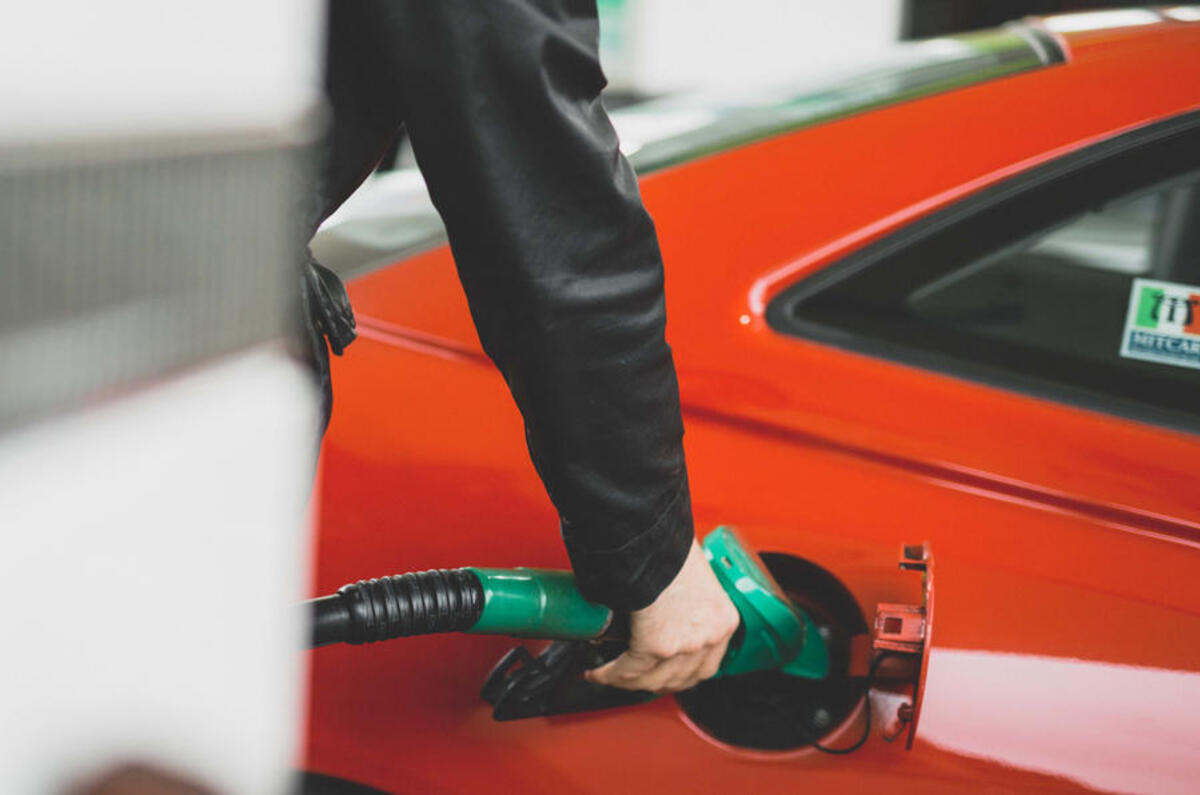The average price of petrol in the UK has reached an all-time high of 142.94p per litre, breaking a record that had stood for nine years.
Data produced by RAC Fuel Watch shows that the price of a litre of petrol has now exceeded the previous high of 142.48p per litre set on 16 April 2012.
The cost of a litre of petrol has risen 28p per litre in the last year, which the RAC says adds £15 to the cost of filling an average 55-litre-tank family car.
The price of a litre of diesel petrol currently stands at 146.50p per litre, which is just under the record of 147.93p that was also reached in April 2012.
Simon Williams, the RAC’s fuel spokesperson, described the record as “truly a dark day for drivers”, adding: “This will hurt many household budgets and no doubt have knock-on implications for the wider economy.”
The key driving force behind the rising fuel prices is the increase in the cost of crude oil, which has risen from around £29 ($40) a barrel in October last year to £61 ($85). Industry analysts suggest that could rise further before the end of the year.
The RAC also cited the introduction of new greener E10 petrol, claiming that the extra ethanol in the fuel (10% compared to the previous standard of 5%) adds 1p per litre to the production costs.
Williams also noted that, through Fuel Duty and VAT, tax accounts 57% of the price of a litre of petrol.
He said: “We urge the government to help ease the burden at the pumps by temporarily reducing VAT and for the biggest retailers to bring the amount they make on every litre of petrol back down to the level it was prior to the pandemic.”








Join the debate
Add your comment
Another nail in the coffin of fossil fuel. For those that can afford it, yet another good reason to buy an EV. It's about 5 years before diesel vehicles and domestic wood burners become socially unacceptable. It's about 10 years before petrol cars (including hybrids) and domestic gas boilers become socially unacceptable. Those that understand this and can do something about it, will get ahead of these curves.
Also, lost revenue for retailers due to Pandemic?, I'm sure there be people, posters on here whose mileage has gone down drastically,some by as much as 75% , what's the figures for that?, does that matter?, I used to spent about £220.00 a month on fuel just for my Car, in the past year I'm lucky if I've spent much more than this.